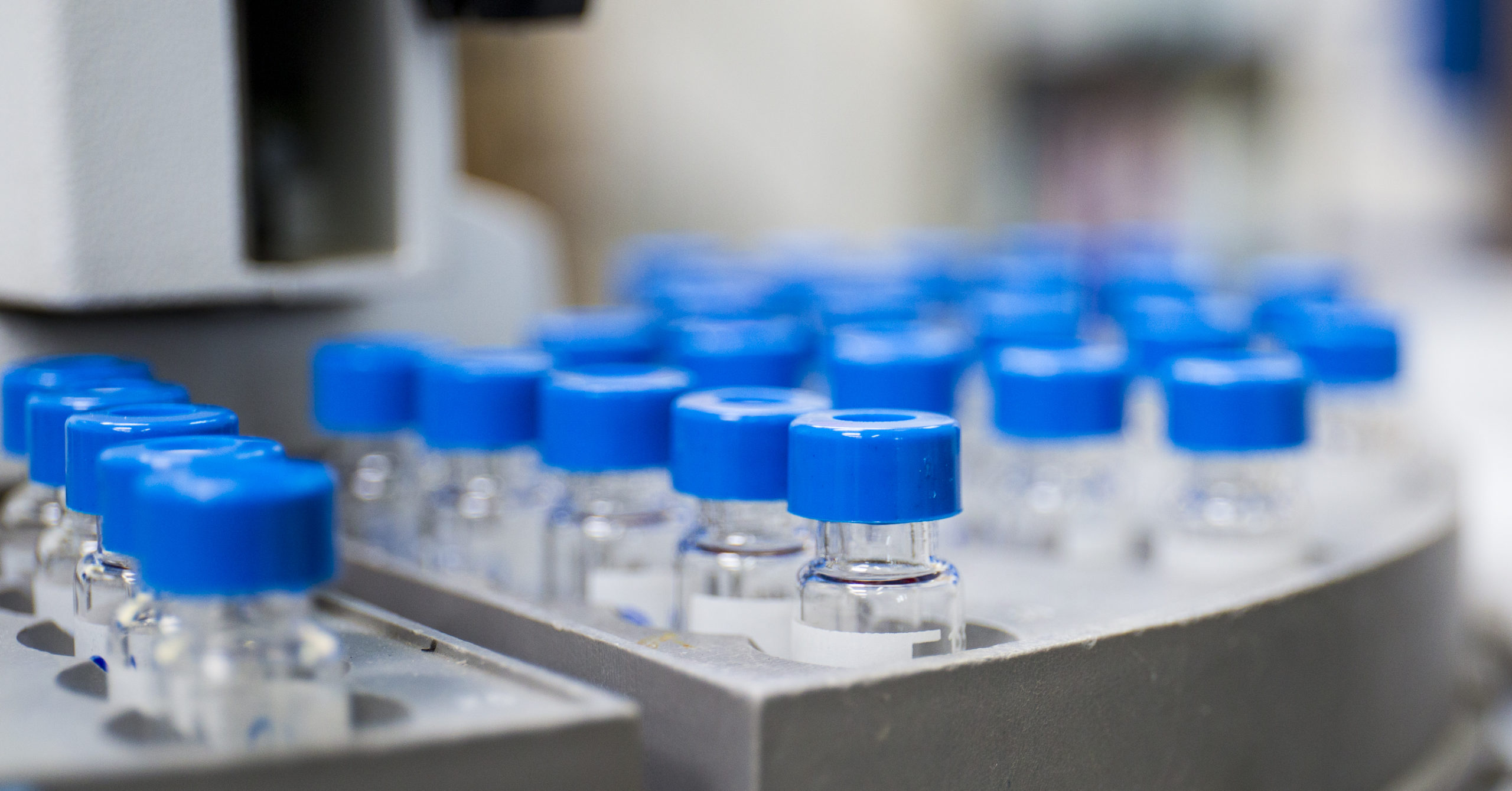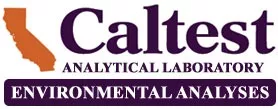
Fipronil Analysis
Caltest is now offering the analysis of fipronil, fipronil desulfinyl, fipronil sulfide, and fipronil sulfone in sediments and waters. These analytes are important in monitoring related to stormwater runoff. We are using the same proven “GCMS-NCI-SIM*” procedure used for our pyrethroid pesticide method and this technique is incredibly sensitive for the fipronil compounds as well.
*Gas Chromatography with a Mass Spectrometer detector using Negative Chemical Ionization operated in the Selected Ion Mode.
The fipronil standards work well in our pyrethroid set so they can be included in the same analysis. The multiple clean up medias we use for pyrethroids are also effective for the fipronil compounds.
- Download Fipronil Reporting Limits and Compound list (EPA 625.1)**
- Download Fipronil and Pyrethroid Reporting Limits and Compound list (EPA 8270)**
| Analyte | Aqueous MDL ng/L |
Aqueous Reporting Limit ng/L |
Sediment MDL** μg/kg, or ng/g*** |
Sediment Reporting Limit μg/kg, or ng/g*** |
|---|---|---|---|---|
| fipronil | 0.38 | 1.0 | 0.030 | 0.33 |
| fipronil desulfinyl | 0.26 | 1.0 | 0.040 | 0.33 |
| fipronil sulfide | 0.66 | 1.0 | 0.040 | 0.33 |
| fipronil sulfone | 1.5 | 3.0 | 0.10 | 0.33 |
**MDL values listed on the website may not be reflective of the most current MDL study. Check with the lab for the most current list. ***wet weight (as received)
The Reporting Limit for most sediment samples is expected to convert to around 0.5 to 2 μg/kg (ng/g) dry weight depending on how wet the sample is, when the sample is dried prior to analysis the dry weight reporting limits are usually 0.33-0.4 μg/kg, or ng/g.
We are running the fipronil compounds with primary and secondary standards for the calibration, and using an extraction surrogate as with other EPA Clean Water Act extractable methods. We will not automatically include fipronil analytes with the pyrethroids, but can analyze in addition to pyrethroids or analyze separately by request. MDL studies are run per the procedure in 40 CFR Part 136 Appendix B. Reporting Limits are supported by our lowest calibration standard.
Please call or email us at the lab for project-specific quotes and any questions!
